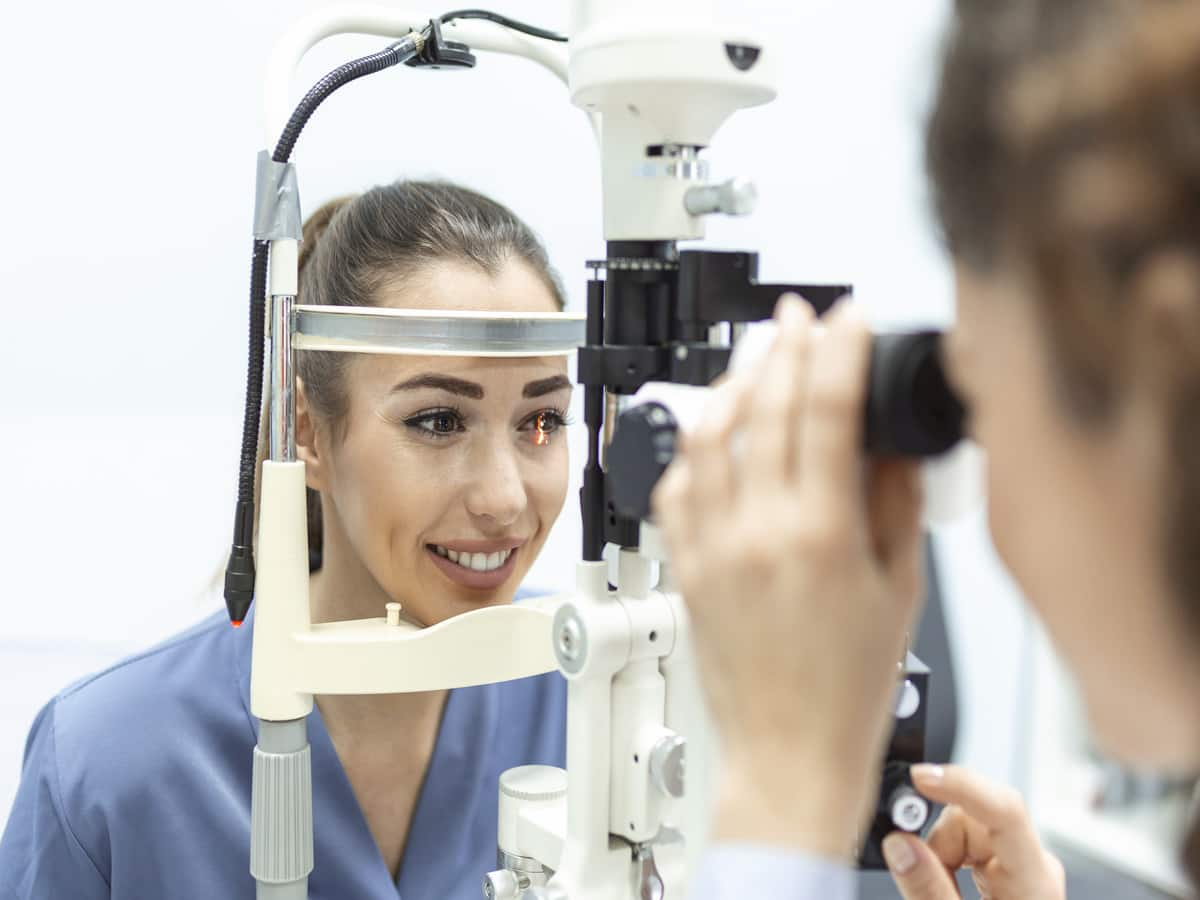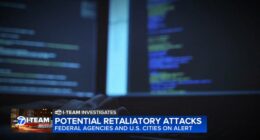Share this @internewscast.com
Dr Divya Rao, medical director of Remidio said integration of AI into fundus cameras has made it possible to “detect retinal anomalies that are precursors to cardiovascular conditions”.
Artificial Intelligence or AI has permeated many aspects of everyday life, and it is making strides in the health sector as well. In the field of medical technology, the boundaries are being pushed by tapping into the eye’s diagnostic potential to predict cardiovascular diseases.
Dr Divya Rao, medical director of Remidio — a Bengaluru based eye-care technology company that is advancing state-of-the-art fundus cameras with advanced AI-powered ophthalmic solutions — told TheHealthsite.com that integration of AI into fundus cameras has made it possible to “detect retinal anomalies that are precursors to cardiovascular conditions”.
“Imagine a future where a visit to a neighbourhood physician or a nurse at a primary care centre involves a comprehensive screening of the retina, which would not be limited to diagnosing vision impairing conditions such as diabetic retinopathy, glaucoma and cataracts, but would extend to predicting cardiovascular conditions,” she said.
The doctor added that in 2019, Remidio pioneered the development of an “offline AI” that does not depend on the internet for inferencing. Its AI algorithms have been “extensively validated” through partnerships with leading ophthalmologists.
How can AI for the eye screen for heart conditions?
According to Dr Rao, the eye offers a “non-invasive window” to the body’s vasculature. “Techniques of image capture such as fundus cameras help clinicians observe the blood vessels in the retina. The retina, an integral part of the central nervous system, shares characteristics with the brain’s vasculature. Consequently, changes in the retinal vessels can mirror and sometimes predict systemic vascular diseases, affecting not just the eye, but also the heart and brain,” she said.
The doctor added that there is a critical demand for early detection methods for cardiovascular diseases that are not only non-invasive and affordable, but also highly accurate. “Traditional risk calculators, while effective on a broad scale, often fail to provide precise risk assessments tailored to the individual patient. There is a pressing need for tools that can be widely used for community screening.”

The expert explained that as the eye allows for the early detection of vascular changes, AI-powered retinal imaging can reveal early signs of blood vessel damage before cardiovascular symptoms. “…thus, screening for vision impairing conditions, cardiovascular risk assessment and other systemic conditions can be provided at a primary care centre near you.”
The futuristic model of healthcare envisioned here, said the doctor, “promises to democratise health screening and risk prediction, making these crucial assessments accessible to a broader population”.
“India — grappling with a high prevalence of ischemic heart diseases — could greatly benefit from an accessible, integrated screening solution.
“This technology would enable healthcare providers to detect and intervene early in the disease process. It empowers specialists to allocate more time to complex cases, bolster patient interactions, and enhance adherence to treatment protocols. It empowers patients with awareness, leading to better treatment compliance and health outcomes. This technological advancement is a leap forward in the field of healthcare, offering a beacon of hope for millions and in India’s case, more than a billion,” the doctor concluded.










